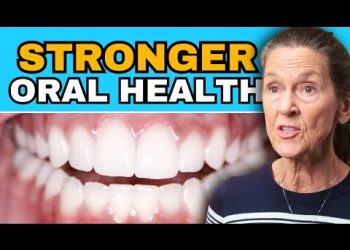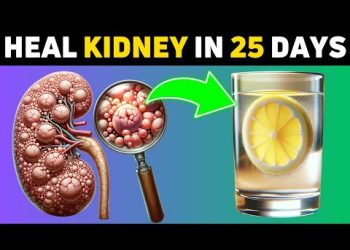Introduction
Maintaining a healthy heart is paramount as it is central to our overall well-being. Surprisingly, numerous common habits might be putting unnecessary pressure on our cardiovascular system. This article delves into 14 prevalent behaviors that could potentially damage your heart, offering insights into how you can adapt and safeguard your health.
Misleading “Heart-Healthy” Labels
The first trap many fall into is believing misleading “heart-healthy” labels on food products like corn oil and instant oatmeal. These products often contain high levels of omega-6, which is pro-inflammatory, and excess sugar that can elevate cholesterol rather than reduce it. A critical examination of such labels is essential for better heart health.
Sun Avoidance and Vitamin D Deficiency
Avoiding the sun out of fear of skin cancer can lead to vitamin D deficiency, which significantly raises the risk of heart attack. While caution is necessary, moderate sun exposure is vital for maintaining optimal vitamin D levels, which play a crucial role in reducing high blood pressure.
Sedentary Lifestyle
An inactive lifestyle can elevate your risk of heart disease by a staggering 147%. People who engage in regular exercise are significantly less likely to experience heart attacks and benefit from improved fitness levels, which help manage stress and enhance longevity.
Overusing Medications
While medications are commonplace especially past the age of 50, many come with side effects that strain the heart, such as obesity-related heart issues. Some medications increase heart attack risk by over 50%. It’s important to consult with healthcare providers about alternative treatments that might be safer for your cardiovascular health.
Late Night Snacking
Snacking, particularly on carbohydrates, close to bedtime can interfere with fat burning during sleep and diminish growth hormone levels, key for anti-aging and fat metabolism. Avoiding snacks between meals and after dinner can help optimize these natural processes.
Excessive Water and Low Salt Intake
Overhydration, paired with a low-salt diet, can lead to low blood sodium levels, or hyponatremia, which can impact heart function and lead to other severe health issues. Balancing water intake with appropriate sodium and potassium levels is crucial.
Neglecting Oral Health
Ignoring dental care can allow oral bacteria to enter the bloodstream, contributing to arterial plaque and increasing heart disease risk. Comprehensive dental hygiene and regular check-ups can prevent these bacteria from affecting your cardiovascular system.
Mouth Breathing
Mouth breathing, especially during sleep, can compromise oxygen exchange in the body. Breathing through the nose ensures better oxygenation of blood and can improve sleep quality and reduce snoring or sleep apnea symptoms.
Microplastics Exposure
Our environment is rife with microplastics, which can enter the bloodstream through various sources such as plastic bottles and canned goods. Reducing exposure to such plastics is important for lowering potential heart health risks.
Signs of Heart Failure
If you experience shortness of breath easily during physical activity, it might be a sign of congestive heart failure. Early recognition and medical evaluation are vital for addressing underlying heart issues promptly.
Effects of Jet Lag
Frequent flying can disrupt sleep cycles and cause fluid retention. Supplements like niacin and vitamin D3 can support mitochondrial health and alleviate jet lag symptoms, improving the body’s natural rhythms.
Overdoing Cardio
Excessive cardio without adequate rest can cause heart stress and contribute to calcified arteries. A balanced approach to exercise, incorporating adequate recovery time, is essential for maintaining heart health.
Secondhand Smoke
Exposure to secondhand smoke is a significant risk factor for heart attacks due to the toxins and lack of oxygen that it introduces into the body. Steering clear from both firsthand and secondhand smoke is crucial.
Consumption of Refined Foods
Dietary magnesium is pivotal for heart function yet is often depleted by consumption of refined foods. Including magnesium-rich foods in the diet can aid in preventing conditions like arrhythmias and hypertension.
Conclusion
Understanding and mitigating these bad habits is essential for heart health and long-life. Incorporating lifestyle changes, paying attention to nutrition, and involving regular physical activity can significantly reduce the risk of heart disease. Remember, small changes can lead to monumental differences in your heart health.











